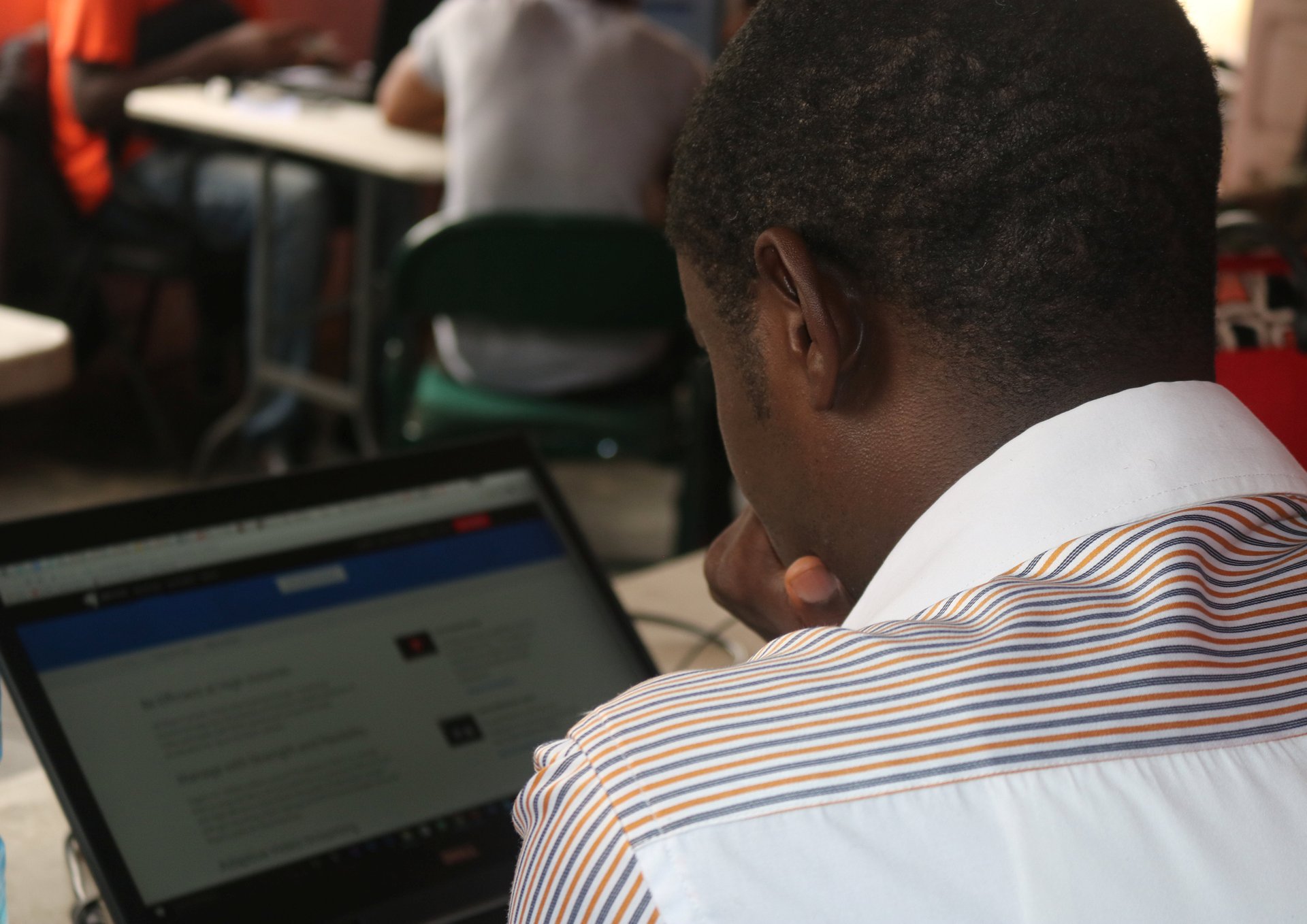Cameroon is being sued for blocking the internet in its Anglophone regions
Two international digital rights advocacy groups have joined the growing clamor to stop Cameroon’s government disrupting internet services in its Anglophone regions.


Two international digital rights advocacy groups have joined the growing clamor to stop Cameroon’s government disrupting internet services in its Anglophone regions.
Access Now and Internet Sans Frontières (ISF) have intervened on behalf a consortium of local and regional civil society organizations who previously sued the government for blocking access to the internet in the South West and North West English-speaking regions. In court documents filed to the constitutional council and seen by Quartz, the organizations say the current shutdown violates the rights to freedom of expression, access to information, non-discrimination based on language, and hinders economic, social, and cultural rights.
The filings, the first of its kind against a government by the organizations, seek to show the internet cut-off was violating regional and international frameworks that support the right to seek, receive and impart information and ideas through digital means. The petitioners also hope to show that the blanket ban was not proportionate and that the government failed to present a legitimate aim for the blackout.
“Justice delayed is justice denied,” said Peter Micek, the general counsel for Access Now. “The government needs to hear clearly, and urgently, from courts that these shutdowns violate Cameroonian and international law, and must end.”
For over a year now, the internet in the two Anglophone regions has either been completely off or slowed down, with messaging and social media apps blocked for a total of 214 days as of Jan. 29 this year, according to both ISF and Access Now. The disruption began as protesters in the two regions demonstrated against political and economic discrimination from the majority French-speaking government. Last October, separatists declared independence for a region they called Ambazonia, leading the government to kickstart a military crackdown. The violence that followed has threatened to spin out of control, leading to dozens of deaths and pushing at least 43,000 people to flee to Nigeria, according to Reuters.
The current impasse also poses a direct challenge to president Paul Biya’s 35-year rule, and who, at 84 years of age, is expected to run again this year.
Biya’s government has also become strategic with regards to the shutdown switching back the internet for 48 hours in January as a delegation from the Confederation of African Football visited the region. The shutdown has caused serious economic damage and especially on the budding tech industry in Buea town known as Silicon Mountain—a play on Silicon Valley and Mount Cameroon.
Micek said that he hopes the new lawsuit will draw global attention to how serious internet blackouts affect economic and human development. Telcos, who have been pressured in the past to suspend connectivity, should ally themselves against government censorship and not let officials “abuse their licenses and power over telcos to silence at-risk communities,” he said. “These disruptions will no longer occur in the dark.”